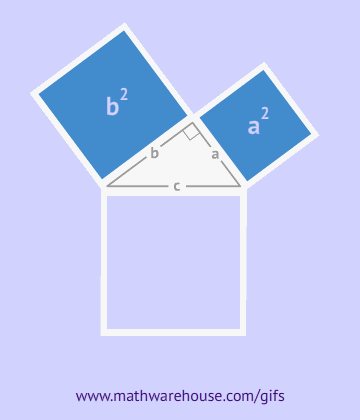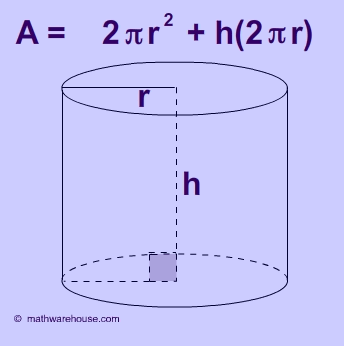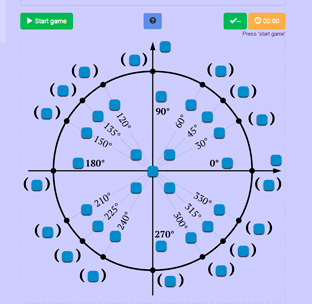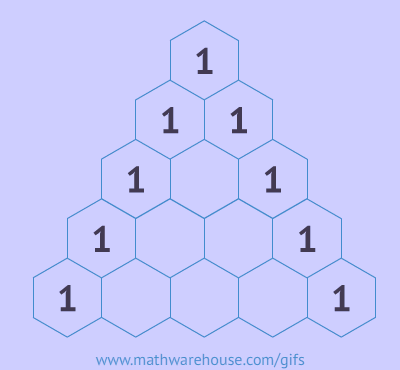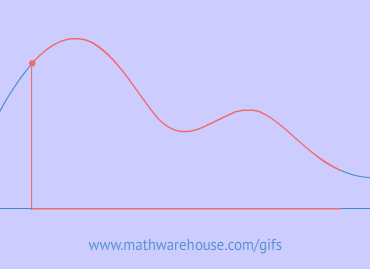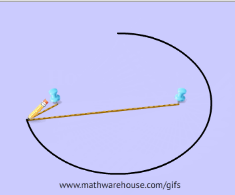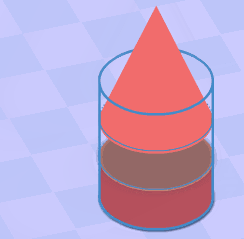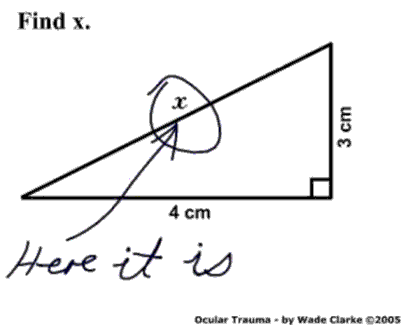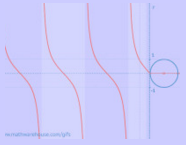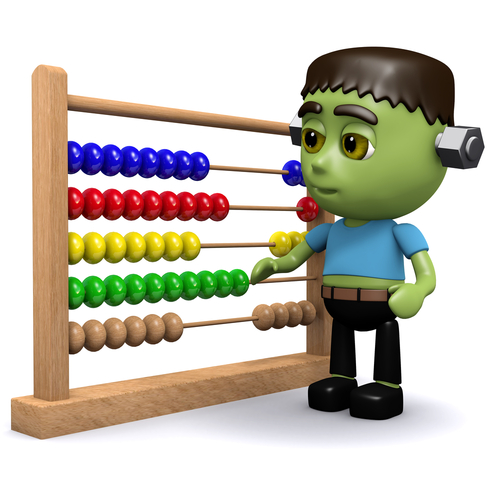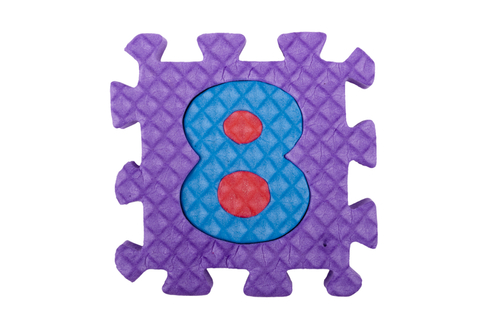Definition: The Commutative property states that order does not matter. Multiplication and addition are commutative.
-
Related Links:
- Properties
- Associative, Distributive and commutative properties
Examples
of the Commutative Property for Addition
- 4 + 2 = 2 + 4
- 5 + 3 + 2 = 5 + 2 + 3
- b + a = a + b (Yes, algebraic expressions are also commutative for addition)
Examples
of the Commutative Property for Multiplication
- 4 • 2 = 2 • 4
- 5 • 3 • 2 = 5 • 2 • 3
- a • b = b • a(Yes, algebraic expressions are also commutative for multiplication)
Examples
of the Commutative Property
Subtraction (Not Commutative)
Subtraction is probably an example that you know, intuitively, is not commutative .
- 4 − 2 $$ \color{red}{ \ne } $$ 2 − 4
- 4 −3 $$ \color{red}{ \ne } $$ 3 − 4
- a − b $$ \color{red}{ \ne } $$ b − a
In addition, division, compositions of functions and matrix multiplication are two well known examples that are not commutative..
Division (Not Commutative)
Division is probably an example that you know, intuitively, is not commutative.
- 4 ÷ 2 $$ \color{red}{ \ne } $$ 2 ÷ 4
- 4 ÷ 3 $$ \color{red}{ \ne } $$ 3 ÷ 4
- a ÷ b $$ \color{red}{ \ne } $$ b ÷ a
In addition, division, compositions of functions and matrix multiplication are two well known examples that are not commutative..

